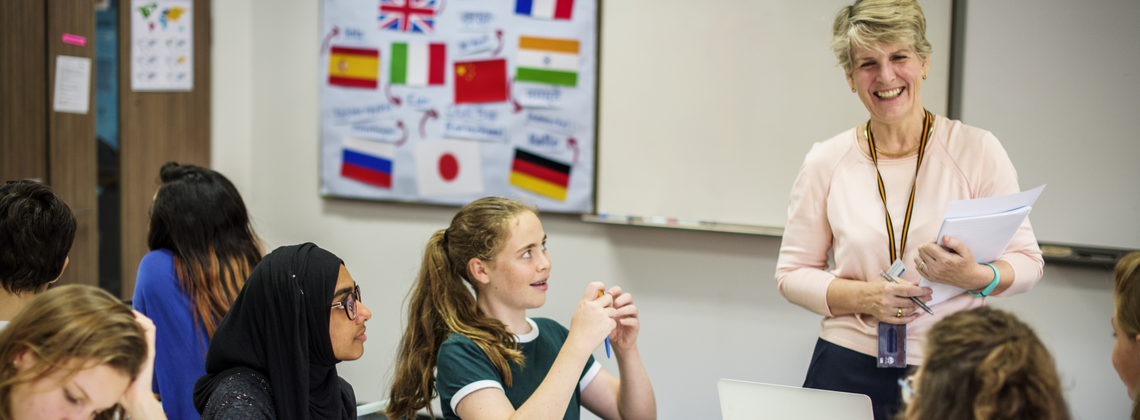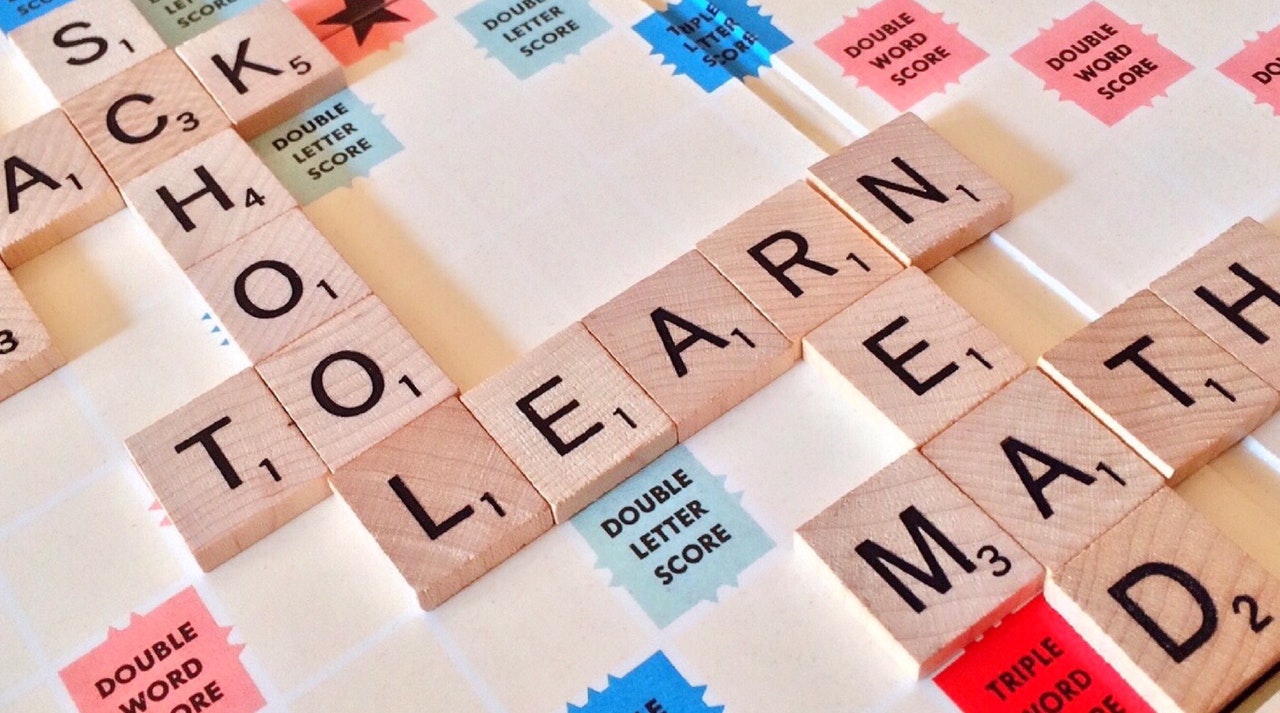

Explicit phonics teaching helps create more autonomous learners and builds a strong foundation on which to develop future skills in the target language. Here, we look at some fun ways to incorporate phonics teaching in the MFL classroom. If you haven’t already, take a look at part 1 of the blog, here.
Tongue twisters
Tongue twisters are a fun way to intensively practise phonics and can be found in every language. For example, if you’re a Spanish teacher working on the ‘cua’ and ‘cue’ sounds, you can make your students practise with ‘Cuando cuentes cuentos, cuenta cuantos cuentos cuentas, cuando cuentes cuentos’. (When you tell stories, say how many stories you tell when you tell stories.)
You can also prepare a game using cards with some short tongue twisters on them, like ‘comadre, cómprame un coco’ (girl, buy me a coconut) or ‘tres tristes tigres’ (three sad tigers). After drilling the phrases with the class, organise groups of 4–6 pupils split into 2 teams. Place the cards on the tables and give 1–2 minutes for the students to memorise them. Then, one team closes their eyes while the other takes away one card from the table. The team then needs to guess which one disappeared and, in order to get full points, has to pronounce the tongue twister written on it correctly.

Find a word
Help pupils improve their decoding skills of unknown words by preparing a reading text with recurrences of words with the sounds you are focusing on. Be careful to create or choose texts of the level of your students – but don’t worry too much about meaning here, as the focus is on the grapheme-phoneme links. Have pupils read through the text individually and highlight all instances of the target sound, then read the text aloud to the class while students self-correct their work, before sharing with the class. This can either be assigned as homework or as a timed exercise in the classroom.
Word creation
A fun activity for learners to consolidate the phonemes studied and put them into practise is to play a word game with Scrabble® tiles. Put pupils in small groups and form a starting word on each table. In turn, students must replace one letter with another to form a new word that they then pronounce aloud and write down on their team sheet. The team who manages to create the most words wins. For example, in German, it could start like this: MAUS > HAUS > HALS > HALT.
You can also play a version where the pupils are allowed to create imaginary words so that they are purely focused on pronunciation and lack of vocabulary isn’t a barrier.
Alternatively, to build up to this, display words with some letters missing on the board and read the whole word aloud while pupils race to find the correct scrabble tiles to fill in the gaps, or write the missing letters on mini whiteboards.

Phonics categories
For classes with a wider vocabulary, and once your students are familiar enough with phonics and related words, try playing a version of Categories. You pronounce a sound and each student has one minute to write down as many words with this sound as possible. After the minute has passed, students feedback their words and you – or nominated pupils – write them on the board so everyone can see, compare and learn more words. For more of a challenge, play a version closer to the original and give categories of words to write (names, animals, cities…).
For more MFL phonics practice in French, Spanish and German, try the new Phonics lessons on the FlashAcademy® platform. Breaking down all the key sounds in the target language with phoneme-word-icon flashcards plus a series of challenges, FlashAcademy® MFL Phonics lessons develop listening and reading skills, as well as give pupils the opportunity to try out their pronunciation skills in a low-stakes environment. Speaking practice combines with helpful tips on pronouncing unfamiliar sounds to support students in developing a solid foundation for their language learning. The lessons give pupils the tools to decode and read any new word they encounter, improving independent learning, confidence, and general literacy skills.
Try these phonics ideas for German, French, and Spanish, which include minimal pairs practice and a revision board game.

